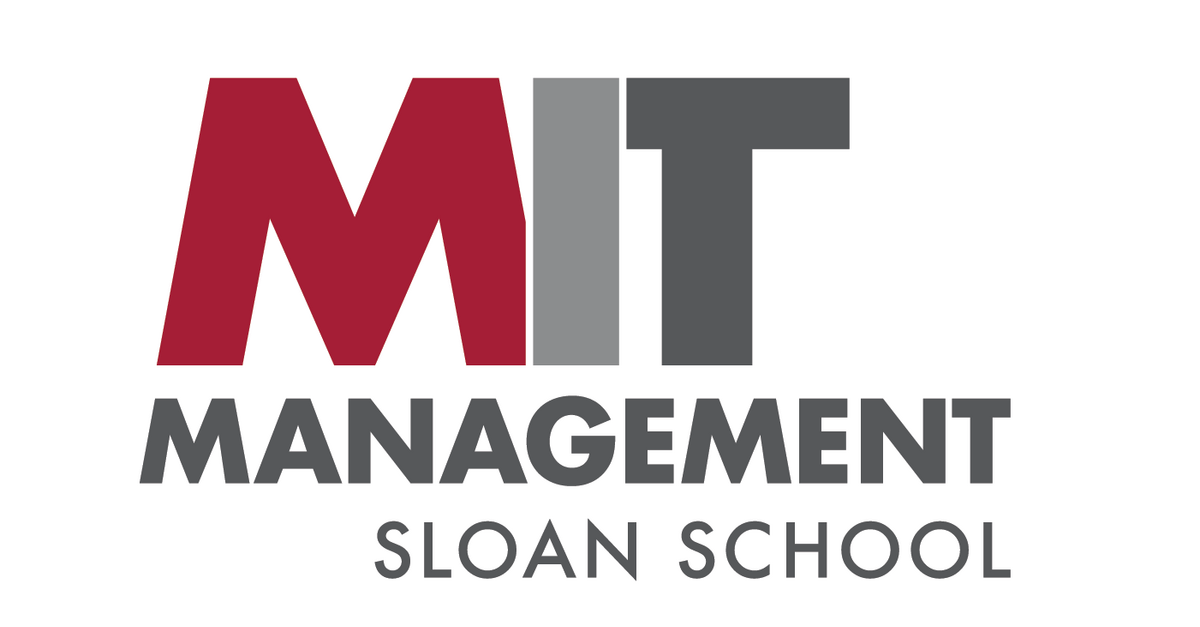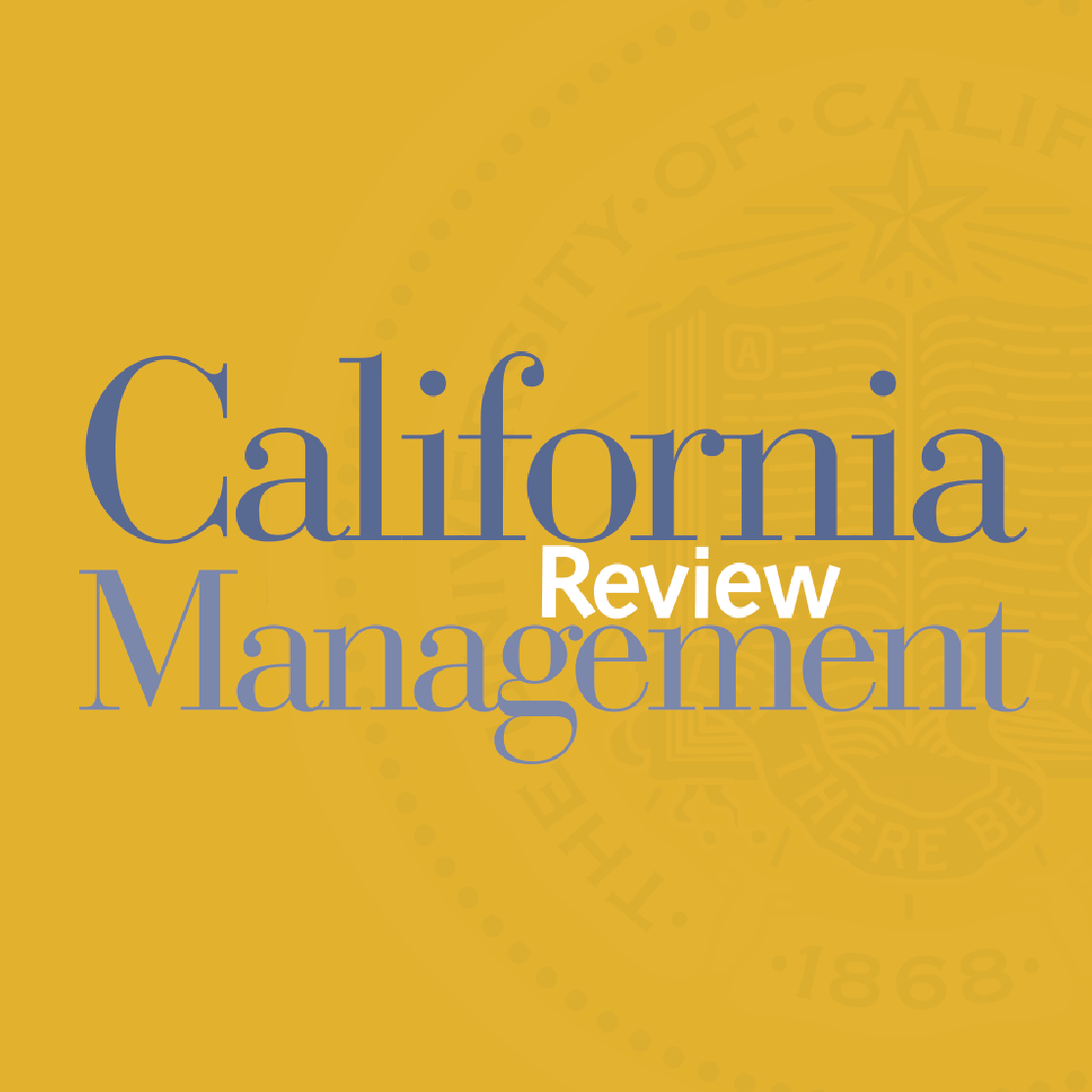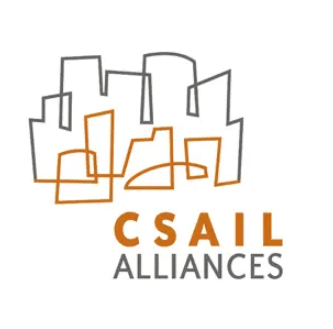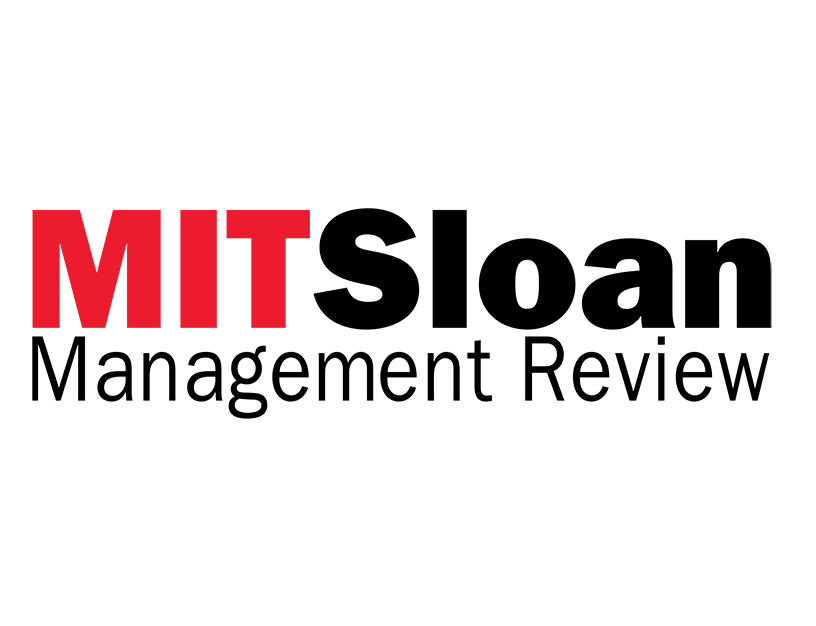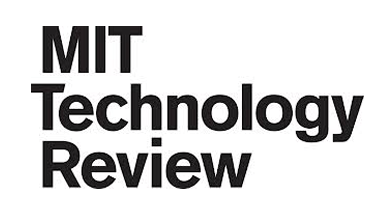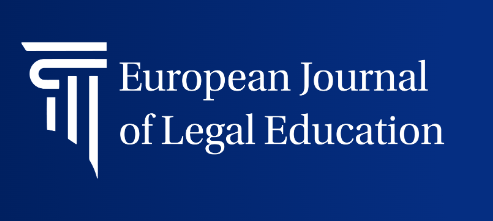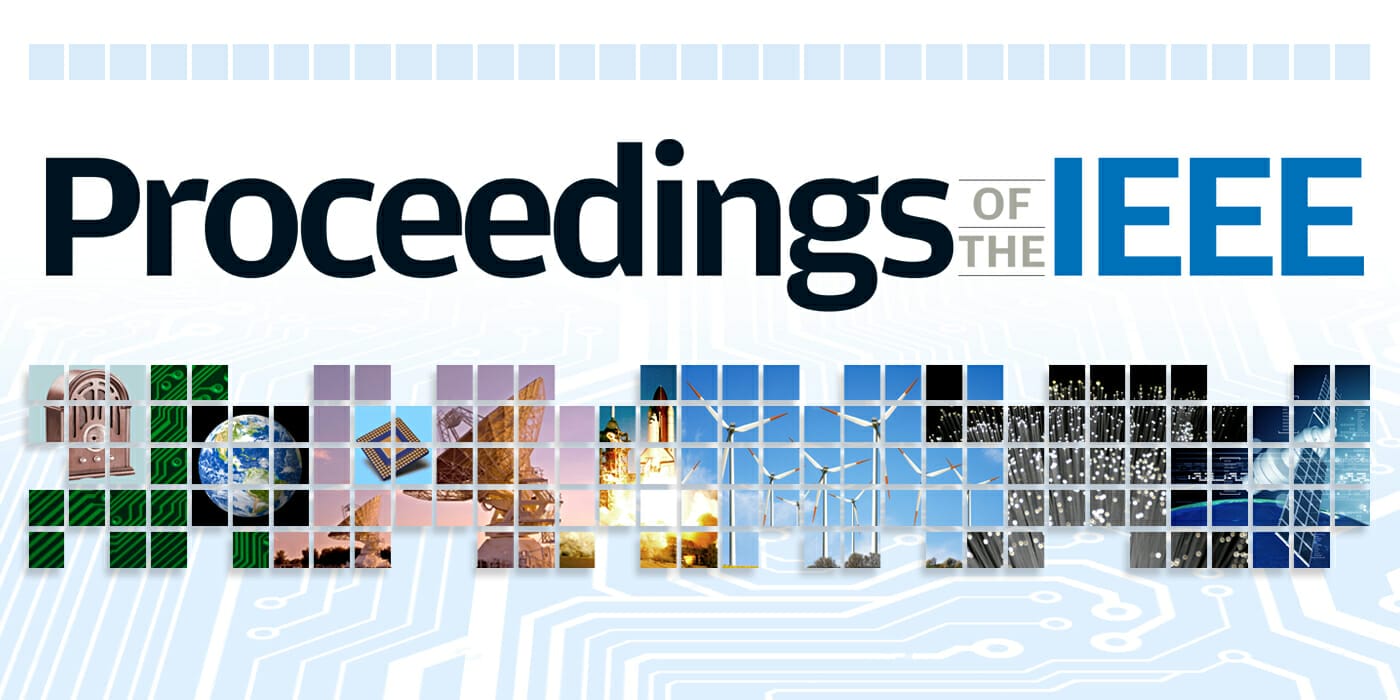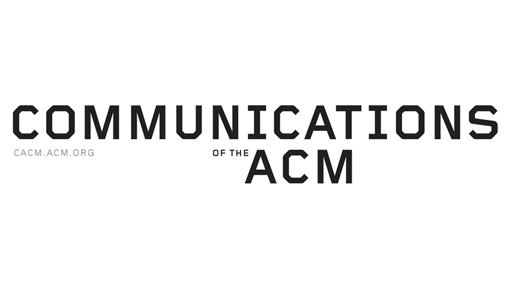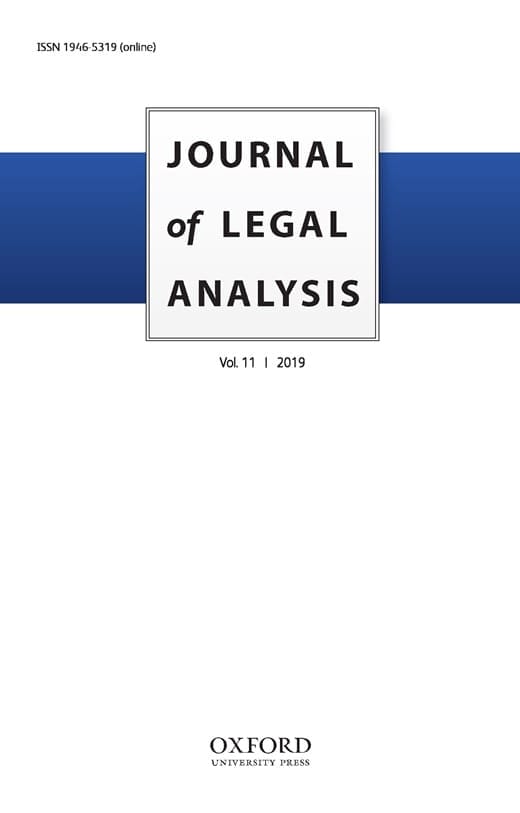Videos
Learn More About Neil Thompson
As the technology behind tools like artificial intelligence (AI) and quantum computing matures and the business applications multiply, business leaders need to know how to plan for these technologies in their strategic and operational plans.
Neil Thompson, Ph.D., has become one of the world’s leading experts on helping organizations understand these technologies so they can harness the best the tech has to offer while avoiding the pitfalls that can lead to expensive project failures.
Director of the FutureTech research project, one of the largest labs at MIT’s Computer Science and Artificial Intelligence Lab (CSAIL), and a Principal Investigator at MIT’s Initiative on the Digital Economy, Thompson has applied his training as a computer scientist, statistician and economist to serve as an expert technology advisor to business and government leaders around the world.
A former Bain management consultant to companies on three continents, his main avenues of research focus on AI – how it is developing and what this means for the economics of AI deployments, how AI will lead to automation and augmentation of human work, the unique challenge of scaling AI technology through the lens of Moore’s Law, and the policy implications of AI task automation. He also helps business leaders understand how they should be thinking about the next evolution of technology: quantum computing.
“Many businesses can be improved by just understanding what can be done with this technology that’s advancing incredibly fast,” explains Thompson, who previously co-directed MIT’s Experimental Innovation Lab (X-Lab). “Applied strategically, technology like AI can help leaders make really important decisions that they may have been struggling with before.”
From Jobs to Economies, How to Design a Cost-Effective AI Path
As widespread adoption of AI continues to unfold, many leaders are wondering how the economy will be impacted. Powerful systems are both shifting the traditional paradigm of the monetary value of human expertise and require vast infrastructure to operate.
Thompson helps leaders address questions ranging from understanding the cost of implementing sophisticated AI systems to investigating whether such systems would improve on existing human skills. With strategies for assessing if tasks are even economically attractive to automate in the first place, Thompson applies his advanced training in both computer science and economics to provide a unique, cross-discipline expertise of the interaction between emerging technology and economics.
“A lot of what’s going on in AI from a technical standpoint is very predictable,” explains Thompson, who holds seven degrees, including a master’s in computer science from U.C. Berkeley as well one in economics from the London School of Economics. “Because the tech advancements are predictable, you can also gather a lot of insight into what it’s going to mean for economies.”
Explaining that the same tools researchers use to foresee coming technological advancements can be applied to demystify how the economic impacts of AI will play out, he provides executives with practical strategies for gleaning useful economic wisdom, allowing companies to forge a cost-effective, AI-enabled path ahead.
Don’t Throw it All at the Wall – Understand the Applications of Emerging Technologies First
As AI continues to advance and diffuse across businesses, governments, economies and society at large, virtually all aspects of life will be touched by advanced technologies. With so many terms swirling around emerging technology today – “generative AI,” “computer vision” and “quantum computing” to name a few – it can be difficult for executives to identify how such tech advances can be practically applied in their organization.
Thompson helps leaders sort through the various technologies to show how they may – or may not – provide new avenues of prosperity and growth.
“With talk around advanced systems increasing, it’s important to understand that tools like quantum computing for example are only going to affect a small subset of tasks firms want to do,” explains Thompson, who previously worked at the elite Lawrence Livermore National Laboratory. “Technologies like quantum aren’t going to replace everything, which is why I help leaders figure out how to think about them, what kinds of problems they can be used for, and when they’ll even arrive in the first place.”
By helping business, government and non-profit leaders become familiar now with the powerful technology tools of tomorrow and how to leverage them, Neil Thompson lifts the curtain on potential implications on jobs, the business world and even policy and geopolitics.
###
Neil Thompson, Ph.D., is the director of the FutureTech research project at MIT’s Computer Science and Artificial Intelligence Lab and a Principal Investigator at MIT’s Initiative on the Digital Economy.
Previously, he was an Assistant Professor of Innovation and Strategy at the MIT Sloan School of Management, where he co-directed the Experimental Innovation Lab (X-Lab), and a visiting professor at the Laboratory for Innovation Science at Harvard. Thompson has advised businesses and government on the future of Moore’s Law, has been on National Academies panels on transformational technologies and scientific reliability, and is part of the Council on Competitiveness’ National Commission on Innovation & Competitiveness Frontiers.
Thompson has a Ph.D. in Business and Public Policy from Berkeley, where he also completed master’s degrees in computer science and statistics. In addition, he holds a master’s in economics from the London School of Economics as well as undergraduate degrees in physics and international development. Prior to academia, Thompson worked at organizations such as Lawrence Livermore National Laboratory, Bain and Company, the United Nations, the World Bank, and the Canadian Parliament.
Neil Thompson is available to advise your organization via virtual and in-person consulting meetings, interactive workshops and customized keynotes through the exclusive representation of Stern Speakers & Advisors, a division of Stern Strategy Group®.
The Economic Realities of Artificial Intelligence
As powerful artificial intelligence systems continue to improve and spread, is it possible to analyze the economics of AI the same way researchers can forecast other technological advancements? According to Neil Thompson, Ph.D., principal investigator at MIT’s Initiative on the Digital Economy, understanding the deep trends that are driving AI progress can demystify how AI’s economic impacts will play out. In this revealing presentation, Thompson explores the intersection of tech and money with timely topics ranging from the future of work – is it actually economically feasible to replace humans with AI in some instances? – to sustainability and the cost of the strain that massive computing power puts on the environment. With advanced degrees in both computer science and economics, Thompson applies his unrivaled cross-disciplinary expertise to provide audiences with practical strategies for employing tech trend insights to glean useful economic wisdom, allowing companies to forge a cost-effective, AI-enabled path ahead.
AI Now and in the Future – How Will Work and Business Change?
We’re already seeing the start of artificial intelligence’s impact across the economy. But as AI advances and diffuses, what impact will it have on business, jobs and society? From the practicality of building multimillion-dollar AI systems to what those systems will actually be able to do as the technology advances, Neil Thompson, Ph.D., Director of the FutureTech research project at MIT’s Computer Science and Artificial Intelligence Lab, offers insight into where AI is, where it’s going and why leaders should care. Through his research as a computer scientist and economist, Thompson provides a level-headed look at the business and economics of AI and how we should be thinking about it as leaders and individuals. Audiences will gain an understanding of how jobs will – and won’t – change and how businesses can leverage AI for strategic, practical and economically sound purposes.
Technology’s Powerful Future: A Look Ahead at What Leaders Need to Know
The powerful technology advancements of the near future will touch virtually all aspects of life – work, business, economies and society at large. What are the key technologies leaders should familiarize themselves with as they prepare their organizations for the high-tech future? In this fascinating talk, Neil Thompson, Ph.D., director of the FutureTech research project at MIT’s Computer Science and Artificial Intelligence Lab, looks at practical applications for rapidly developing and emerging technologies – including even greater advancements in AI and nascent quantum computing and how they may (or may not) provide new avenues of prosperity and growth. In addition, he lifts the curtain on potential implications on jobs, the business world and even geopolitics. Helping audiences understand how technologies evolve and what they mean for society, Thompson’s unique multidisciplinary analysis provides a lens into how business, government and non-profit leaders can prepare now to familiarize themselves with and leverage the powerful tech of tomorrow.
Insights Into How AI Will Change The Ways Public Policy is Created
Technological advancements over the past decade have made tasks that were traditionally only possible for human workers possible to do with artificial intelligence (AI). Such automation promises major changes in the economy, both good (productivity increases, new scientific discoveries) and bad (worker displacement, more powerful bad actors). In this talk, Neil Thompson, Ph.D., Director of MIT FutureTech, will discuss the policy implications of AI task automation. Using an interdisciplinary lens, he will discuss both what is technically possible and also — using a methodology developed in his MIT group — discuss which tasks are economically attractive to automate. Together these will paint a picture of opportunities and challenges facing policy as AI task automation occurs. Audiences will leave with a new understanding of how to boost strategic planning for optimally using AI to fine-tune policy.

Beyond AI Exposure: Which Tasks are Cost-Effective to Automate with Computer Vision?
(MIT FutureTech, January 2024)

Should Firms Hold More Patents? A Randomized Control Trial on the Commercial Value of Patents
(Academy of Management, July 2023)
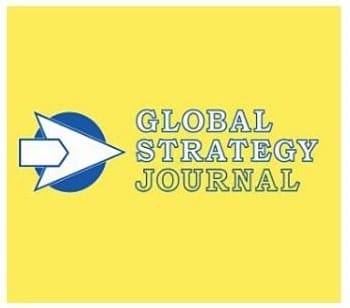
Building the Algorithm Commons: Who Discovered the Algorithms That Underpin Computing in the Modern Enterprise?
(Global Strategy Journal, February 2021)










